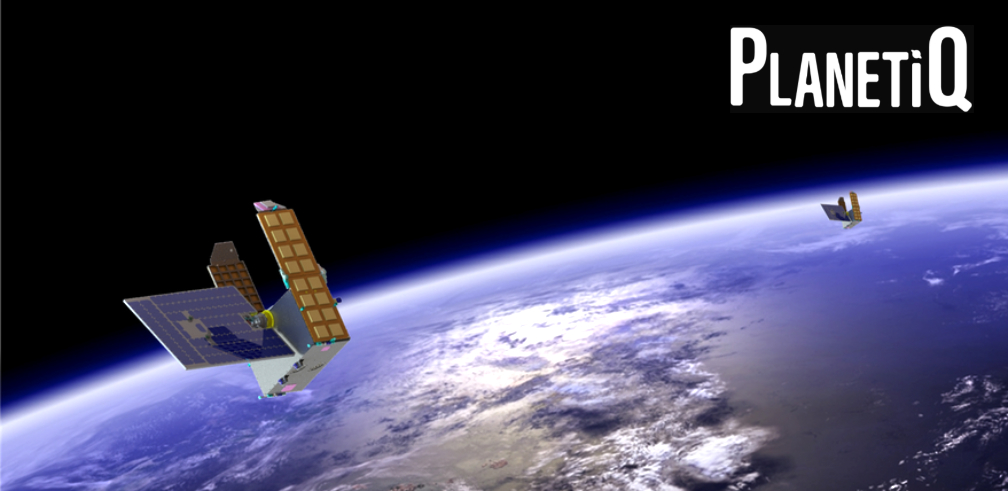
PlanetiQ launched the company’s fourth generation Radio Occultation (RO) measurement satellite, GNOMES-4, aboard a SpaceX Falcon 9 rocket from Vandenberg Space Force Base in California — the satellite was successfully deployed into LEO at 10:36 am PT on December 1, 2023.
GNOMES-4 is equipped with the world’s best weather sensor, a PlanetiQ-proprietary technology sensor called Pyxis that enables PlanetiQ to offer the highest quality GNSS-RO data for enhanced weather forecasting and atmospheric research to both government and commercial customers, such as airlines, insurance, energy, agriculture and financial services. The data produced are temperatures, pressures and water vapor readings, similar to what a weather balloon would produce, but adds the critical capability of obtaining data over the entire globe, not just land, for better initialization of the global weather forecasting models.
Pyxis is smaller, lighter, consumes less power and has nearly three times the data collection capability than previous versions and receives signals from all four worldwide GNSS constellations (GPS, GLONASS, Galileo, and Beidou), and is powerful enough to provide more than double the amount of data available from the next-best GPS-RO sensors currently on-orbit. Pyxis also is capable of routinely probing down into the lowest layers of the atmosphere where severe weather occurs.
According to the company, PlanetiQ is the only system capable of profiling the thermodynamic state of the atmosphere with very high vertical resolution, precision and accuracy routinely down to the surface under any and all weather conditions, over any type of surface, across the globe.
In September of 2023, PlanetiQ, was selected by NASA to supply their highest quality GNSS-Radio Occultation data to enhance capabilities in weather and atmospheric research. PlanetiQ was one of seven companies selected through NASA’s CSDA Program, which has allocated $476 million for commercial data over the next five years.
In July of 2023, PlanetiQ began daily delivery to NOAA of their highest quality SNR GNSS-Radio Occultation data under NOAA’s IDIQ-2 operational Delivery Order-2. This data is used by NOAA to improve our environment and save lives with superior weather forecasting and atmospheric research.
